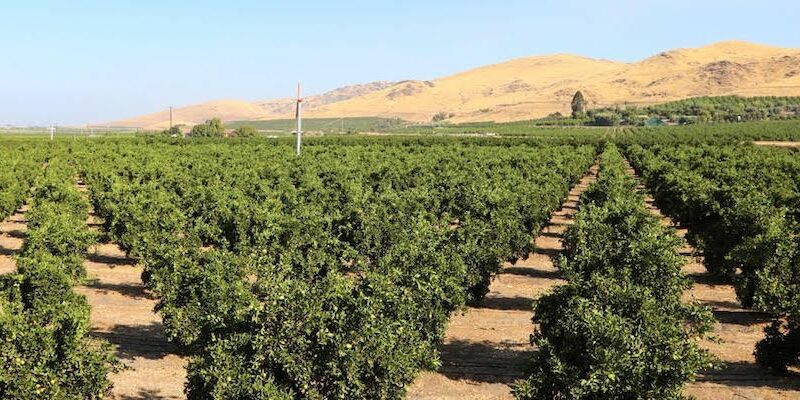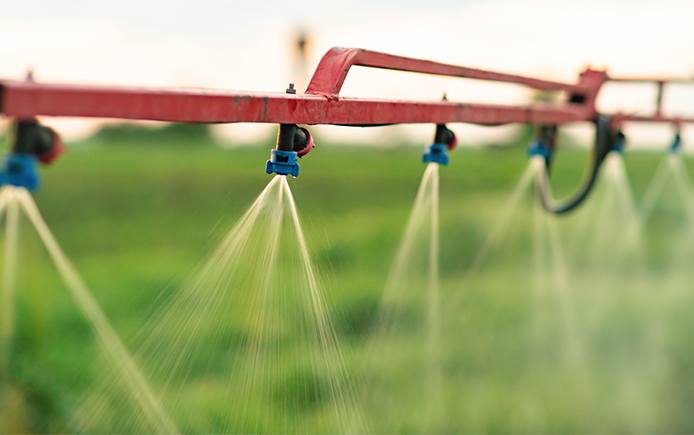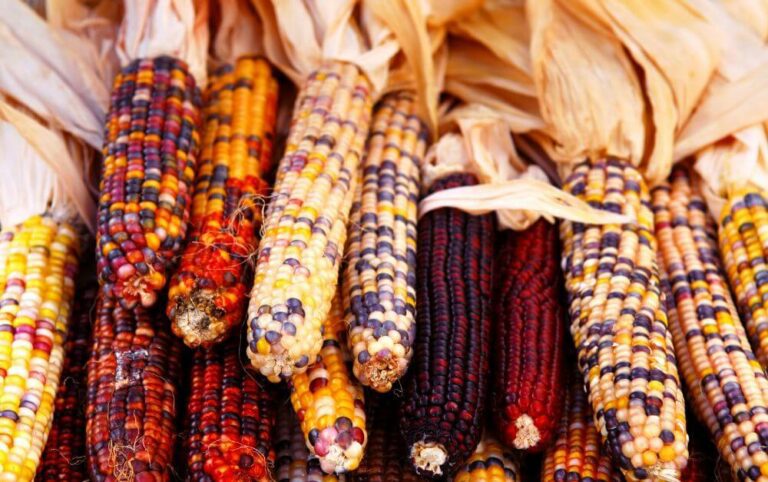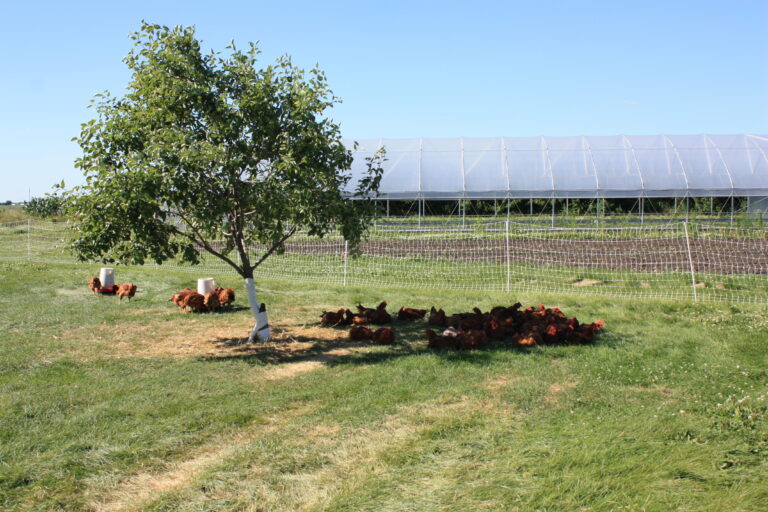On April 1, 2024, Mexico was set to follow through with its 2020 commitment to ban the toxic herbicide glyphosate (the active ingredient in Bayer’s Roundup in the USA and Faena in Mexico) by 2024. When the plan to phase out glyphosate and genetically engineered (GE) corn was originally laid out, Mexico’s government cited the purpose of the new policies as “contributing to food sovereignty and security” and the health of the Mexican people, as well as protecting native corn from contamination by GE pollen. Glyphosate is a pervasive herbicide frequently used on corn and other commodity crops, and genetically engineered corn is often modified to—among other things—be resistant to glyphosate.

News & Analysis
About every five years, the U.S. Congress passes the biggest set of food and farming policies that define the majority of federal farm, food, nutrition, and rural economic programs. At a cost of about $440 billion over five years, these programs influence: What is grown; who grows it; how it is grown or produced; what is done with those products and where they are sold; who can access and afford those goods; and how we invest in rural communities.
By supporting good legislation, opposing bad legislation, and building up a network of supporting organizations, it is our hope that we can collectively move the needle on farmworker rights in the right direction.
Watch and listen as two experienced farmers share stories and practical approaches for small-scale, diversified farms that use the principles of agroecology. This discussion may provide you with ideas that small farms where you live can adapt and thrive.
After many long days of negotiations, the U.N. Environment Programme (UNEP) made a historic move for safer food and farming by passing a resolution on highly hazardous pesticides (HHPs) that calls for action to globally phase out the use of the world’s most toxic pesticides by 2035. Tied with this resolution was the passing of a mandate for UNEP to implement this commitment by forming the Global Alliance on HHPs.
PFAS are persistent and have the potential to affect human health for many years. Some pesticides have PFAS in their formulations and others leach PFAS from their containers.

Pesticide drift protections under attack
January 16, 2020
Farmworkers are already some of the least protected workers in the country. And EPA is proposing to weaken an existing rule protecting farmworkers and their communities from pesticide spray drift — the application exclusion zone, or AEZ — a provision in the Worker Protection Standard.

“No more chemical whack-a-mole!” With chlorpyrifos ban looming, residents demand change for agriculture in California
January 13, 2020
FOR IMMEDIATE RELEASE: January 14, 2020 California’s agricultural system is dependent on more than 200 million pounds of chemical pesticides, many of them hazardous and drift-prone. The long term sustainability of our food system will depend on shifting to ways of managing pests that don’t

94% of new pesticide products approved by EPA
January 10, 2020
In 2017 and 2018 the U.S. EPA approved more than 100 pesticide products containing ingredients widely considered to be the most dangerous still in use, including some that have been banned in multiple countries or targeted for phaseout in the U.S.

Citizen Groups and State Reach Agreement to Address Ongoing Contamination of Kauaʻi’s Shores
December 20, 2019
State Commits to Robust Water Quality Monitoring Program to Inform Forthcoming Clean Water Act Permit FOR IMMEDIATE RELEASE: December 18, 2019 Honolulu, HI — Community groups Na Kia‘i Kai, Surfrider Foundation, and Pesticide Action Network—represented by Earthjustice—and the State of Hawai‘i’s Agribusiness Development Corporation (ADC) entered

EPA announces re-registration of endocrine-disrupting herbicide atrazine
December 19, 2019
This morning, the federal Environmental Protection Agency announced a proposed interim decision to allow the re-registration of atrazine, an endocrine-disrupting herbicide. Pesticide Action Network Staff Scientist Emily Marquez, Ph.D., issued the following statement in response to EPA’s decision: “After announcing that they will weaken environmental








